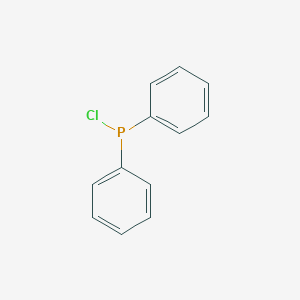May 12 news, IBM announced Wednesday reached a three-year partnership with the British Holger Children's Hospital (Alder Hey Children's Hospital), will use its Watson (Watson) supercomputer to analyze and improve the patient's medical care Level. Five years ago, Watson became one of the world's best-known artificial intelligence systems by defeating human champions in the televised joke game show "Jeopardy"; last week, supermodel Carolina Cocu Karolina Kurkova's dress at the Met Gala in New York was designed by Watson in collaboration with human designers. Since 2011, Watson has been helping doctors make clinical decisions. Since then, IBM has been pushing to use its supercomputing capabilities to accomplish tasks in the medical field. The latest challenge is to turn the Orch Children's Hospital into a “cognitive hospital†with a new platform to gain insight into the patient's treatment experience. Using parental and patient feedback, Watson will help the hospital discover the anxiety of child patients, provide timely and targeted comfort and more personalized services, and promptly remind parents about follow-up and post-treatment care. IBM envisions Watson's various potential applications in the medical field, including helping patients to match clinical studies, monitoring patient admissions to help plan beds, and applying them to assist in the day-to-day management of chronic disease treatment. By the end of this year, IBM will complete the development of the initial version of the platform and test it at the Orkh Children's Hospital. The Orch Children's Hospital is also developing an app that allows patients to get pre-hospital services before they arrive at the hospital. Iain Hennessey, the hospital's pediatrician and innovation director, said in a statement: "Helping our patients and their families to prepare for hospitalization can actually reduce their anxiety and help us for them." Provide better and faster service." Patient feedback helps Watson fully understand and analyze his treatment in the hospital. In the next few months, Orch Children's Hospital will ask patients a series of questions, such as whether they think parking is convenient, what they want to eat, what games and movies they like, and what they want their ward to be. Look like. They will also be asked questions about medical procedures, general anesthesia and surgery. Watson will enter answers to these questions so that they can learn to predict and respond to patient and family problems, even before they arrive at the hospital. Chlorodiphenylphosphine CAS No.1079-66-9 Chlorodiphenylphosphine Basic Information
Chlorodiphenylphosphine Structure
Sensitive Air & Moisture Sensitive
Chlorodiphenylphosphine Application
Chlorodiphenylphosphine is used to introduce the diphenylphosphinyl moiety by aryl ortho-lithiation. It is also used as an intermediate to make antioxidants, flame retardants, stabilizers, Catalysts, photoinitiators, and optical brighteners. Used as a halogenation reagent for the conversion of alcohols into halides, in the preparation of solid-phase reagent for the conversion of alcohols to alkyl halides. Chlorodiphenylphosphine,Chlorodiphenylphosphine Oxide,Chlorodiphenylphosphine 31P Nmr,Chlorodiphenylphosphine Synthesis Shandong YingLang Chemical Co.,Ltd , https://www.sdylhgtrade.com
Product Name: Chlorodiphenylphosphine
CAS: 1079-66-9
MF: C12H10ClP
MW: 220.63
EINECS: 214-093-2
Mol File: 1079-66-9.mol

Melting point 14-16°C
Boiling point 320 °C(lit.)
density 1.229 g/mL at 25 °C(lit.)
storage temp. Store at R.T.
solubility Miscible with alcohol. Slightly miscible with ammonia.
form Liquid
color Colorless to yellow
Water Solubility Reacts violently
IBM Watson supercomputer recreates new medical service experience